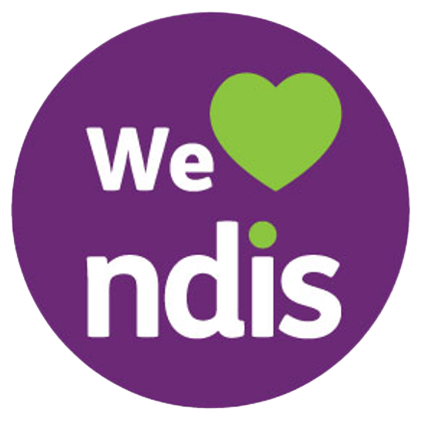Dysphagia and the Disability Sector
Barbara Braithwaite, Safe Swallowing Team
- ‘Dysphagia’ is difficulty with swallowing.
- NDIS providers have obligations to provide competent and safe supports to participants with dysphagia and manage the associated risks
- Symptoms include: difficulty biting or chewing on food, coughing or choking on food or fluid, and food or drink falling from a person’s mouth.
- Dysphagia symptoms can worsen as people get older.
- Dysphagia is associated with a wide range of disabilities and health conditions.
- People with disability who have dysphagia are more likely to die from choking or respiratory illnesses or have serious health complications because of poor management of dysphagia.
- Training and knowledge about identifying and managing swallowing problems can minimise risks of serious health complications and improve a person’s mealtime-related quality of life.
- A proper assessment of a person’s swallowing and nutritional needs can reduce the negative impacts of dysphagia and improve a person’s safety and quality of life.
The NDIS Practice Standards that are most relevant to this alert include:
- Access to appropriate supports: Each participant can access supports appropriate for their needs
- Safe environment for supports: Each participant can access supports in a safe environment which is appropriate for their needs
- Risk Management: Risks to participants are identified and managed.
- Quality Management: Each participant benefits from a quality management system relevant and proportionate to the size and scale of the provider, which promotes continuous improvement of support delivery.
- Information Management: Each participant’s information is managed to ensure that it is identifiable, accurately recorded, current and confidential. Each participant’s information is easily accessible to the participant and appropriately utilised by relevant workers.
- Incident Management: Each participant is safeguarded by the provider’s incident management system, ensuring that incidents are acknowledged, respond to, well-managed and learned from.
- Human Resource Management: Each participant’s support needs are met by workers who are competent to carry out their role and have the relevant expertise, experience and qualifications to provide supports.






